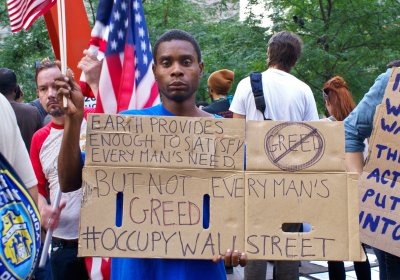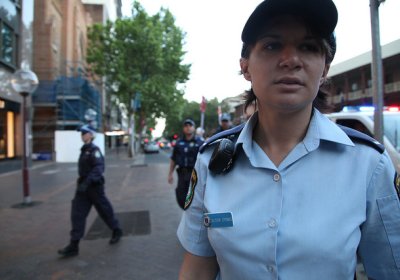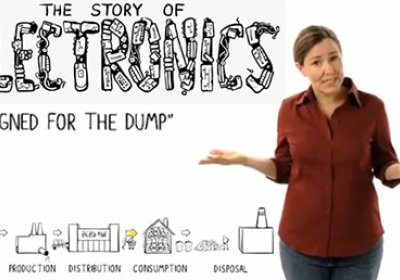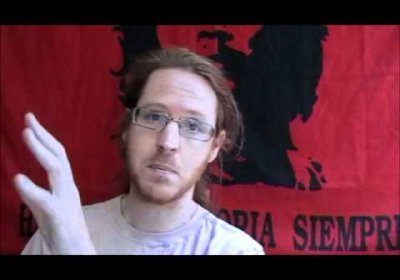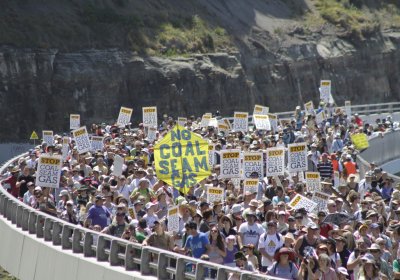Analysis
Australian police in two cities now have decided to follow in the footsteps of their counterparts in the US and Europe and forcibly break up peaceful Occupy protests. But rather than deter this broad non-partisan movement of the 99%, it is helping it grow and re-occupy.
Annie Leonard is the creator of the Story of Stuff project, a series of animated films that discuss our pressing social, environmental and economic concerns and the effort to build a more sustainable and just world.
Newly-elected Wollongong Mayor Gordon Bradbery gave this speech at a October 16 rally against coal seam gas, organised by Stop CSG Illawarra. More than 3000 people attended the rally.
Simon Butler, co-editor of the independent media project Green Left Weekly and an activist in #OccupySydney speaks about the global Occupy movment and the climate change emergency.
Stuart Munckton, co-editor of Green Left Weekly/Green Left Online, speaks on a new flowering of independent media and activist journalism in the global movement of occupations against the tyranny of the world's richest 1%.
Many commentators and politicians have argued that the global movement of occupations that followed the Wall Street occupation against the rule of the richest 1% will not take root and grow in Australia, which has so far escaped the current global recession. Simon Butler, an activist in #OccupySydney and co-editor of www.greenleft.org, disagrees.
Stop CSG Illawarra’s Jess Moore gave the speech below at the 3000-strong rally against coal seam gas mining that took place in Clifton, north of Wollongong, on October 16. * * * Like so many people who live in the north Illawarra, there is a creek that flows through my backyard. Most of those creeks come from aquifers: the Hawkesbury Sandstone Aquifer System that the coal seam gas companies want to drill through to get the gas. This campaign is about our future and our right to protect this area — to protect our drinking water, our food and our future.
- Previous page
- Page 427
- Next page

